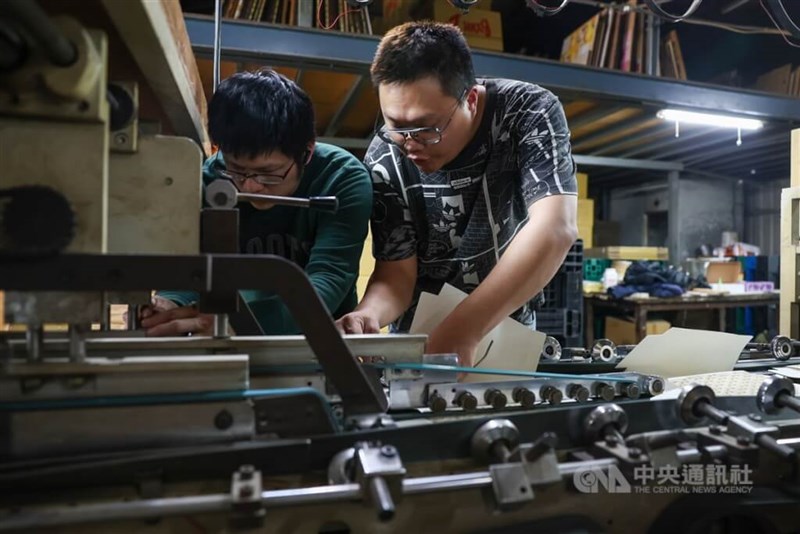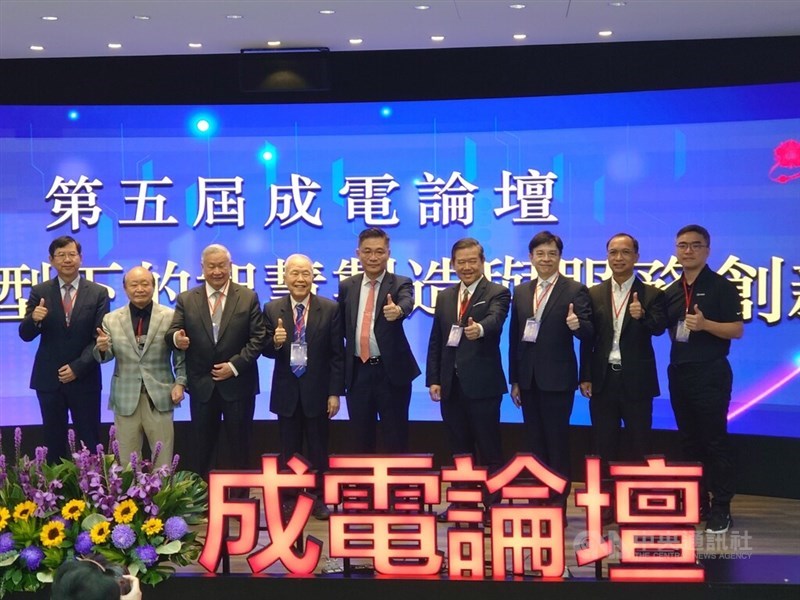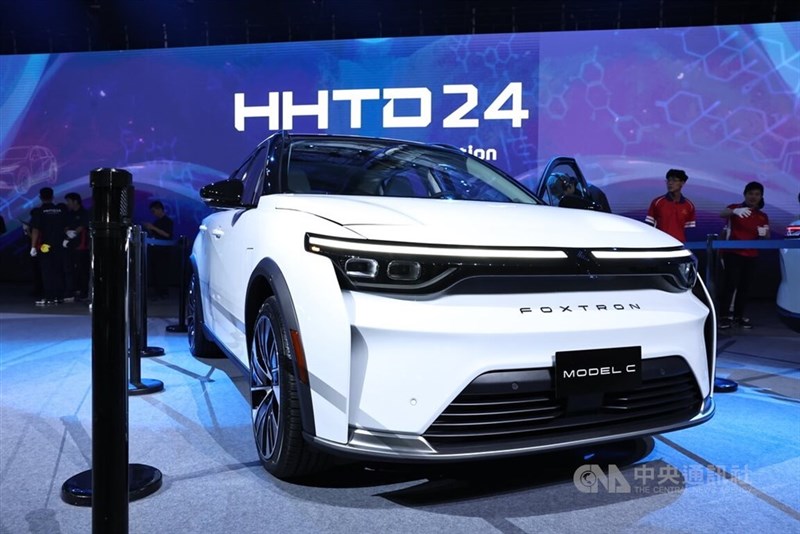
Tainan/Taipei, Nov. 10 (CNA) A large majority of vehicle manufacturers are likely to disappear within two decades as humanoid robots become increasingly common in manufacturing, a Taiwanese tech chief said Monday.
Peter Chen (陳其宏), chairman and CEO of Qisda, a Taiwan-based technology manufacturer actively engaged in artificial intelligence of things (AIoT) applications, made the remark at a forum in Tainan.
He said humanoid robots are expected to be used first in smart manufacturing, which relies on massive data, algorithms, and computing power.
Smart manufacturing builds on conventional automation, which remains the dominant production model in most factories today, by embedding AI, sensors, big data, and connectivity (or internet of things, IoT) to make the entire production process data-driven, adaptive, and self-optimizing.
According to Chen, deploying humanoid robots in smart manufacturing can help solve issues such as employee morale, overtime, and labor unions. He added, however, that Qisda's decision to invest in Vietnam was not based solely on labor costs, since the cost of AI technologies rises by around 15 percent annually.

Qisda has moved its most advanced production lines to Vietnam as a way of extending its lead over competitors, Chen said.
He predicted that the vehicle industry will be among the sectors most affected by the growing use of humanoid robots, leading to the disappearance of most car brands within 10 to 20 years.
According to Chen, those automakers in danger could include some well-known ones such as Mercedes-Benz, whose production he described as "still driven by traditional concepts." He showed footage of Tesla's largely human-free manufacturing process, saying it gives the American automaker a significant edge in production efficiency.
In late October, Foxconn, the world's largest electronics and AI server manufacturer, announced plans to deploy humanoid robots powered by NVIDIA's Isaac GR00T N model on its production lines in Houston.

Also speaking at Monday's forum were MiRLE Chairman and President Sun Hong (孫弘) and Delta Electronics Deputy General Manager Tsai Chin-hsiung (蔡清雄).
Sun said the transition from automation to smart manufacturing is an inevitable trend, while Tsai stressed that identifying a company's challenges and needs is key to digital transformation.
Tsai said Delta Electronics began its transformation in 2015 to address labor shortages in China and established a demonstration production line in 2018.
Through standardization, automation, digitalization, and intelligentization, the company increased per-capita production-line efficiency by a factor of three to five, boosted overall capacity by 70 percent and reduced factory floor space by 35 percent, Tsai said.
-
Society
Frontal weather systems forecast to impact Taiwan Tuesday evening
02/20/2026 07:34 PM -
Society
Vietnamese workers abroad mark Tết through video calls
02/20/2026 07:27 PM -
Culture
11 hospitalized after SUV loses control, crashes into oncoming vehicle
02/20/2026 06:27 PM -
Society
Soft hail falls on Hehuan Mountain
02/20/2026 03:51 PM -
Society
Blood reserves running low nationwide, foundation urges donations
02/20/2026 03:19 PM